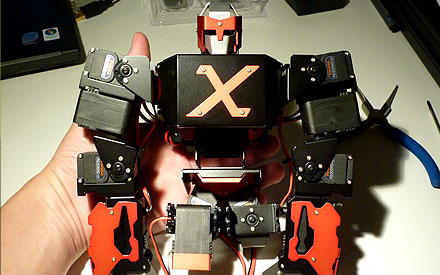I don’t miss Japan a lot, but check Japanese internet news daily. In last few days, two tragic incidents shocked Japan, and there is a similarity between them; Oops!… they did it again.
One happened in China. A Japanese travel agency, Amuse Travel, ran a guided tour that included a hike to the Great Wall, and a group of elder people participated. They were snowed up before getting to the Great Wall, and three people died. According to some different sources, it happened because of the travel agent’s reckless planning. Three years ago, Amuse Travel ran a reckless guided tour in the Northern part of Japan, and eight people died. They did it again after receiving administrative punishment.
Another incident was by Schindler Elevator. A cleaner was killed when their elevator malfunctioned. A similar incident happened six years ago and a high-school student was killed. They did it again when they were being sued.
I visited Schindler Elevator’s web site. They publish their “vision & values” on their web site, and it is filled with beautiful words. If the employees act based on the “vision”, the incidents, at least the second one, must not have happened. I have worked for some different companies in Japan, and even in the smallest one, their (more precisely, his) “vision” was nothing more than rhetoric. In other words, use rhetoric and do whatever they want is their corporate culture. Still, I want to believe some other companies have a clear mission statement and their employees act on it. I just have never seen it by myself.
Today I revised my personal mission statement. I will soon update it on my web site. Whether I act on it or it ends up in rhetoric, it’s up to me.

